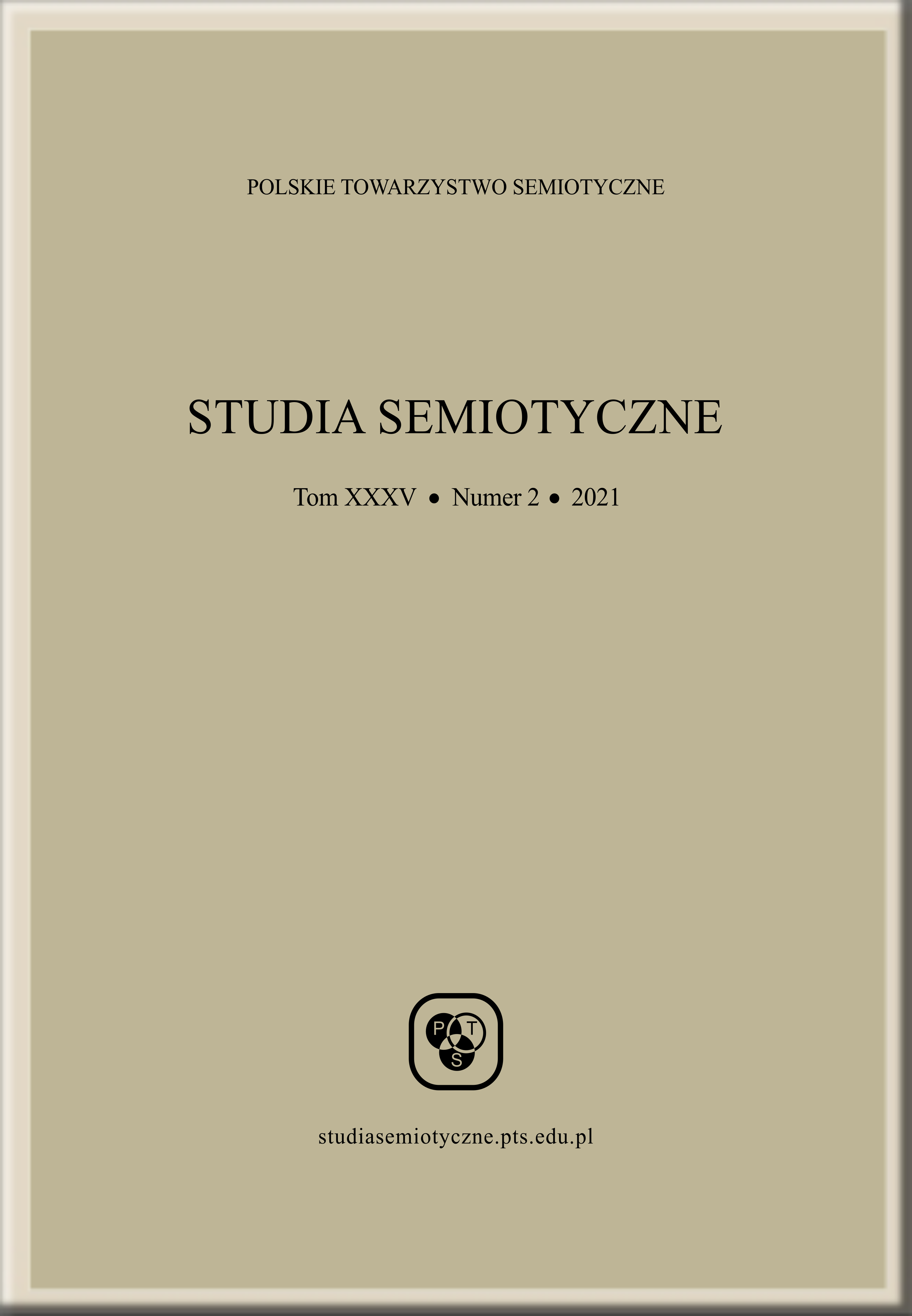Abstract
DOI: https://doi.org/10.26333/sts.xxxv2.04
In my article, I present a new version of a probabilistic truth prescribing semantics for natural language indicative conditionals. The proposed truth conditions can be paraphrased as follows: an indicative conditional is true if the corresponding conditional probability is high and the antecedent is positively probabilistically relevant for the consequent or the probability of the antecedent of the conditional equals 0. In the paper, the truth conditions are defended and some of the logical properties of the proposed semantics are described.
References
Adams, E. W. (1970). Subjunctive and Indicative Conditionals. Foundations of Language, 6(1), 89–94.
Adams, E. W. (1975). The Logic of Conditionals: An Application of Probability to Deductive Logic. Dordrecht: D. Reidel Pub. Co.
Ajdukiewicz, K. (1956). Conditional Sentence and Material Implication. Studia Logica, 4(1), 135–153.
Baratgin, J., Politzer, G., Over, D., Takahashi, T. (2018). The Psychology of Uncertainty and Three-Valued Truth Tables. Frontiers in Psychology, 9(1479).
Baron, J. (1987). Second-Order Probabilities and Belief Functions. Theory and Decision, 23(1), 25–36.
Bennett, J. (2003). A Philosophical Guide to Conditionals. Oxford: OUP.
Cruz, N., Over, D., Oaksford, M., Baratgin, J. (2016). Centering and the Meaning of Conditionals. In A. Papafragou, D. Grodner, D. Mirman, J. C. Trueswell (Eds.), Proceedings of the 38th Annual Conference of the Cognitive Science Society (pp. 1104–1109). Austin: Cognitive Science Society
Declerck, R., Reed, S. (2001). Conditionals: A Comprehensive Empirical Analysis. Berlin: Mouton de Gruyter.
Douven, I. (2008). The Evidential Support Theory of Conditionals. Synthese, 164(1), 19–44.
Douven, I. (2015). The Epistemology of Indicative Conditionals: Formal and Empirical Approaches. Cambridge: Cambridge University Press.
Douven, I., Elqayam, S., Krzyżanowska, K. (2022). Inferentialism: A Manifesto. In Conditionals: Logic, Linguistics, and Psychology. Retrieved from: https://hal.archives-ouvertes.fr/hal-03508608/document
Douven, I., Elqayam, S., Singmann, H., van Wijnbergen-Huitink, J. (2020). Conditionals and Inferential Connections: Toward a New Semantics. Thinking and Reasoning, 26(3), 311–351.
Douven, I., Verbrugge, S. (2012). Indicatives, Concessives, and Evidential Support. Thinking and Reasoning, 18(4), 480–499.
Edgington, D. (1995). On Conditionals. Mind, 104(414), 235–329.
Égré, P., Rossi, L., Sprenger, J. (2021). De Finettian Logics of Indicative Conditionals Part I: Trivalent Semantics and Validity. Journal of Philosophical Logic, 50.
Grice, H. P. (1989). Studies in the Way of Words. Cambridge, MA: HUP.
Hájek, A. (1994). Triviality on the Cheap? In E. Eells, B. Skyrms, E. W. Adams (Eds.), Probability and Conditionals: Belief Revision and Rational Decision (pp. 113–40). Cambridge: Cambridge University Press.
Hájek, A. (2012). The Fall of “Adams’ Thesis”? Journal of Logic, Language and Information, 21(2), 145–161.
Kaufmann, S. (2009). Conditionals Right and Left: Probabilities for the Whole Family. Journal of Philosophical Logic, 38(1), 1–53.
Kölbel, M. (2000). Edgington on Compounds of Conditionals. Mind, 109(433), 97–108.
Krzyżanowska, K., Wenmackers, S., Douven, I. (2014). Rethinking Gibbard’s Riverboat Argument. Studia Logica, 102(4), 771–792.
Krzyżanowska, K., Collins, P. J., Hahn, U. (2017). Between A Conditional Antecedent and Its Consequent: Discourse Coherence vs. Probabilistic Relevance. Cognition, 164, 199–205.
Lewis, D. (1976). Probabilities of Conditionals and Conditional Probabilities. Philosophical Review, 85(3), 297–315.
Over, D., Cruz, N. (2018). Probabilistic Accounts of Conditional Reasoning. In L. J. Ball, V. A. Thompson (Eds.), The Routledge International Handbook of Thinking and Reasoning (pp. 434–450). Milton Park: Routledge/Taylor & Fran¬cis Group.
Skovgaard-Olsen, N., Kellen, D., Hahn, U., Klauer, K. (2019). Norm Conflicts and Conditionals. Psychological Review, 126(5), 611–633
Stalnaker, R. (1968). A Theory of Conditionals. In N. Rescher (Ed.), Studies in Logical Theory (American Philosophical Quarterly Monographs 2, pp. 98–112). Oxford: Blackwell.


